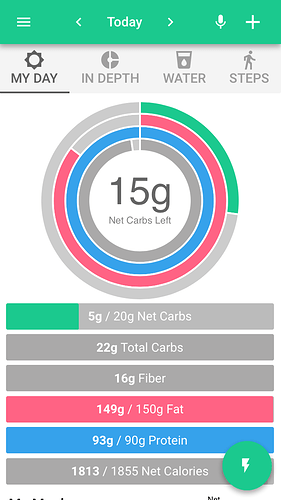Newbie here. I’ve been doing keto for 2 months. It’s been great, I’m well within the normal range for my weight now and mentally I feel so much better. I’ve played around with the urine sticks and the cheap breathalyser. I’ve have’nt got hung up on numbers mainly because I don’t really know what they mean! I was hoping to see a decrease as I got fat adapted.
Urine sticks have always been quite dark but the breathalyser has always been between 0.05 and 0.09…like I said I don’t know what that means in terms of blood levels but it was interesting and since I have no life it was slightly entertaining.
Anyway today it’s gone up to 0.19! Last night it was 0.14 but I hadn’t eaten for about 24 hours (very busy and not hungry). I had something to eat and figured it would go down. I’ve eaten dinner today but it’s still really high. I feel fine but I’m intrigued as to why they would suddenly rise. I suppose the breathalyser could be broken but it’s been fairly consistent and I would expect it to get less sensitive.


